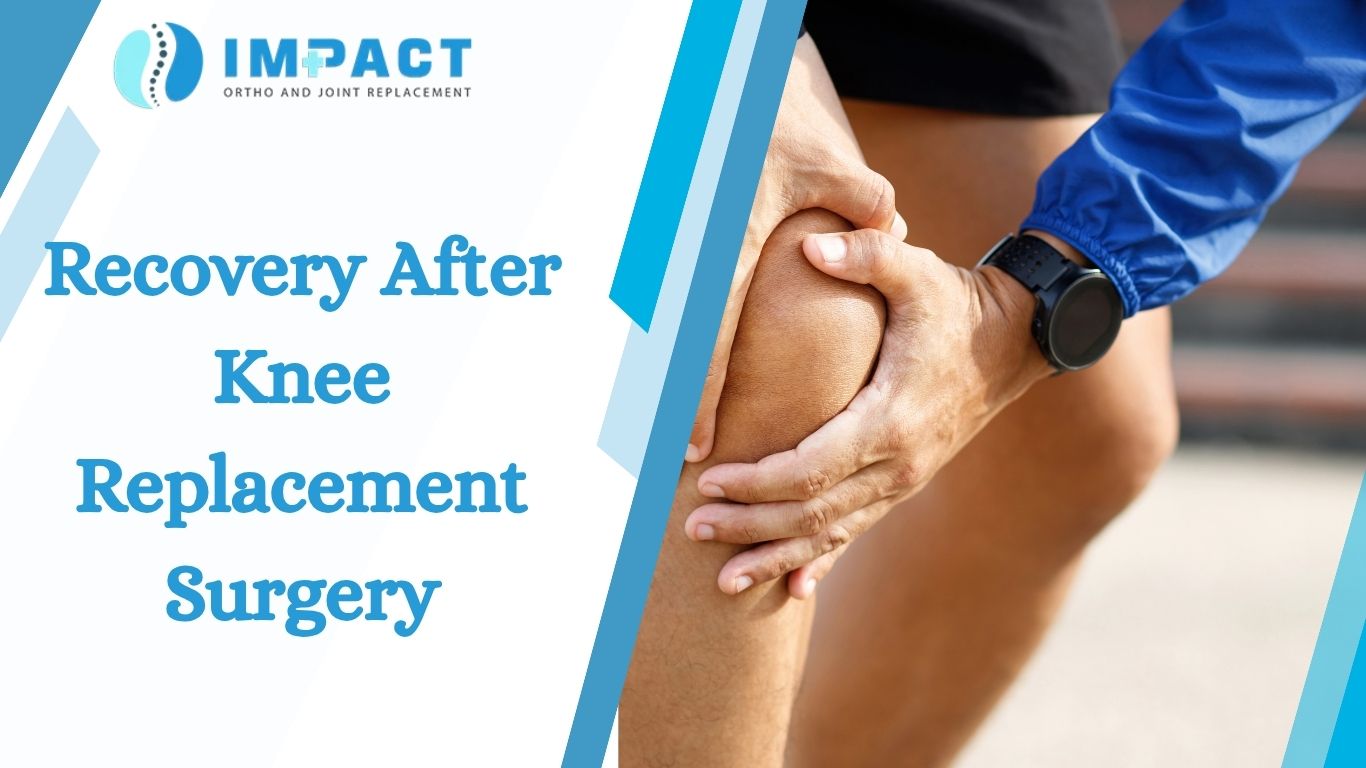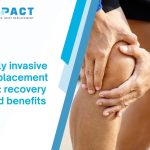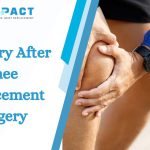I understand you’re looking for an in-depth and personalized guide to recovery after knee replacement surgery. This is a significant journey, and I’m here to walk you through it, offering a comprehensive look at what to expect and how to optimize your healing process, especially when considering knee replacement surgery in India.
Let’s dive deep into the world of recovery after this transformative procedure. We’ll explore everything from the immediate post-operative period to long-term rehabilitation, all to help you regain your mobility and enjoy a fulfilling, active life.
Your Path to Renewed Mobility: A Personalized Guide to Recovery After Knee Replacement Surgery
Undergoing knee replacement surgery is a brave step towards reclaiming your comfort and independence. While the prospect of surgery can feel daunting, focusing on the recovery phase will empower you to visualize your future with reduced pain and improved movement. This isn’t just about mending a joint; it’s about rebuilding your life, one step at a time.
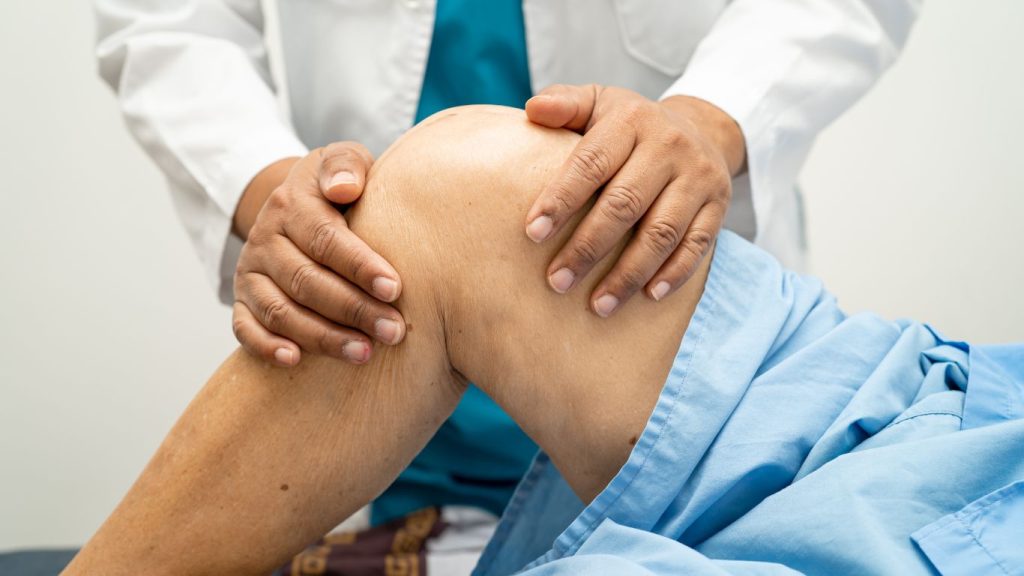
The Immediate Aftermath: The First Few Days
The moment you wake up from knee replacement surgery, your recovery journey officially begins. You might experience some grogginess from the anesthesia, and your knee will likely be bandaged and possibly have a drain in place to remove excess fluid. Pain management will be a priority, and your medical team will ensure you’re as comfortable as possible.
Pain Management is Key: Don’t hesitate to communicate your pain levels with your nurses. They have various medications and strategies to help. Effective pain control is crucial not just for your comfort but also to enable you to participate in early mobilization.
Early Mobilization: Getting Your New Knee Moving: This might sound counterintuitive, but one of the most vital aspects of early recovery is gentle movement. Within hours of your knee replacement surgery, or certainly by the next day, a physical therapist will guide you through simple exercises. These initial movements are designed to prevent stiffness, improve circulation, and start the process of regaining your range of motion. You’ll likely be encouraged to sit up, dangle your legs, and even take a few steps with assistance. This early activity, even if it feels challenging, lays the foundation for a successful recovery.
Hospital Stay: Your Initial Rehabilitation Hub: Typically, your hospital stay after knee replacement surgery in India will last anywhere from 3 to 7 days, depending on your progress and the type of surgery performed. During this time, the focus will be on:
- Wound Care: Your nurses will meticulously monitor your incision site for any signs of infection and change dressings as needed.
- Preventing Complications: You’ll be given blood thinners to reduce the risk of blood clots, and compression stockings may be used. Early mobilization also plays a critical role in preventing these complications.
- Physical Therapy Sessions: Daily physical therapy sessions will be a cornerstone of your hospital stay. You’ll learn exercises to strengthen your leg muscles, improve your range of motion, and practice walking with assistive devices like crutches or a walker.
- Occupational Therapy (if needed): An occupational therapist might work with you to help you adapt to daily activities like dressing, bathing, and getting in and out of bed, ensuring you can perform these tasks safely and efficiently.
Recovery After Knee Replacement
Personalised rehab plan & expert physiotherapy to speed recovery.
Book AppointmentGoing Home: Embracing the Next Phase of Recovery
The day you’re discharged from the hospital marks a significant milestone. While you’ll be eager to be in the comfort of your own home, remember that your recovery continues and requires dedication. Before you leave, your medical team will provide you with detailed instructions on:
- Medication Schedule: This will include pain relievers, antibiotics (if prescribed), and blood thinners. Adhering to this schedule is vital.
- Wound Care at Home: You’ll receive instructions on how to care for your incision, when to change dressings, and what signs to watch out for that might indicate infection.
- Activity Restrictions: You’ll be advised on what activities to avoid, such as heavy lifting, twisting your knee, or prolonged standing, especially in the initial weeks.
- Follow-Up Appointments: You’ll have scheduled appointments with your surgeon and physical therapist to monitor your progress.
Preparing Your Home for Recovery: Before you arrive home, it’s incredibly helpful to make some adjustments to your living space to ensure your safety and comfort. Consider:
- Clear Pathways: Remove any tripping hazards like throw rugs or clutter.
- Grab Bars: Install grab bars in the bathroom, especially near the toilet and in the shower.
- Elevated Toilet Seat: This can make it easier to sit and stand.
- Shower Chair: A shower chair can provide stability and reduce the risk of falls.
- Easy Access to Essentials: Keep frequently used items within easy reach to minimize bending or stretching.
- Supportive Seating: Choose chairs with firm cushions and armrests to help you get up and down more easily.
Recovery After Knee Replacement
Personalised rehab plan & expert physiotherapy to speed recovery.
Book AppointmentThe Power of Physical Therapy: Your Rehabilitation Backbone
Physical therapy is the single most important component of your long-term recovery after knee replacement surgery. It’s not just about doing exercises; it’s about re-educating your muscles, improving your balance, and restoring the natural movement of your new knee.
Consistency is Key: Your physical therapist will design a personalized exercise program tailored to your needs and progress. It’s absolutely crucial to perform these exercises consistently, even on days when you feel tired or discouraged. Every repetition contributes to your strength and range of motion.
Types of Exercises You’ll Encounter:
- Range of Motion Exercises: These focus on bending and straightening your knee to regain full movement.
- Strengthening Exercises: Targeting the muscles around your knee (quadriceps, hamstrings, glutes) to provide support and stability.
- Balance Exercises: To improve your equilibrium and reduce the risk of falls.
- Gait Training: Learning to walk naturally and efficiently again.
Listen to Your Body, But Push Gently: While it’s important to avoid overdoing it, don’t shy away from a little discomfort. Your physical therapist will guide you on how much to push. Some stretching and mild soreness are normal as your muscles re-adapt, but sharp or increasing pain should always be reported.
Long-Term Commitment: Physical therapy isn’t a short-term fix. You’ll likely continue with formal sessions for several weeks or months, and then be given a home exercise program to maintain your gains. Make these exercises a regular part of your routine, even long after you’ve completed formal therapy.
Nutrition and Lifestyle: Fueling Your Recovery
What you put into your body plays a significant role in how well and how quickly you recover.
Balanced Diet: Focus on a diet rich in lean protein (for muscle repair), fruits and vegetables (for vitamins and antioxidants), and whole grains (for sustained energy).
Stay Hydrated: Drink plenty of water to aid in healing and prevent constipation, which can be a side effect of some medications.
Avoid Inflammatory Foods: While not always a direct cause of pain, some people find that processed foods, excessive sugar, and unhealthy fats can contribute to inflammation. Focus on whole, unprocessed foods.
Adequate Rest: Your body needs time to heal. Prioritize getting enough sleep, especially in the initial weeks of recovery. Naps can also be beneficial if you feel fatigued.
Quit Smoking: If you smoke, now is an excellent time to quit. Smoking significantly impairs healing and increases the risk of complications.
Manage Underlying Conditions: If you have conditions like diabetes or heart disease, ensure they are well-managed throughout your recovery.
Mental and Emotional Well-being: A Holistic Approach
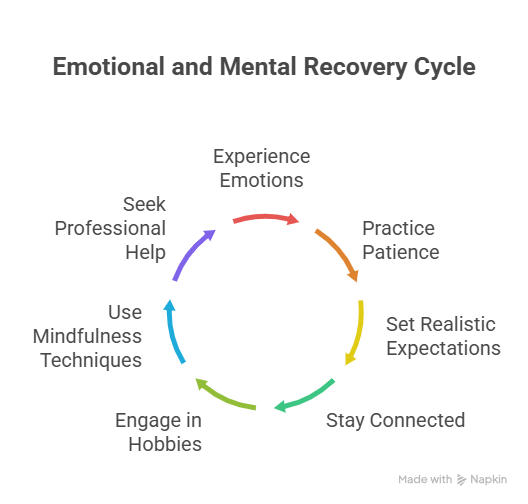
Recovery after knee replacement surgery isn’t just a physical journey; it’s an emotional and mental one too. It’s normal to experience a range of emotions, from excitement about regaining mobility to frustration with limitations or pain.
Patience is a Virtue: Healing takes time. There will be good days and challenging days. Don’t get discouraged by setbacks; they are a normal part of the process. Celebrate your small victories along the way.
Set Realistic Expectations: Understand that full recovery doesn’t happen overnight. It can take several months, or even up to a year, to experience the full benefits of your new knee.
Stay Connected: Lean on your support system – family, friends, or a support group. Talking about your experiences can be incredibly helpful.
Engage in Hobbies (as able): As your mobility improves, gradually reintroduce activities you enjoy. This helps maintain a sense of normalcy and boosts your mood.
Mindfulness and Relaxation Techniques: Practices like deep breathing, meditation, or gentle stretching can help manage stress and promote a sense of well-being.
Seek Professional Help if Needed: If you find yourself struggling with persistent low mood, anxiety, or feelings of hopelessness, don’t hesitate to speak to your doctor or a mental health professional.
Potential Challenges and How to Address Them
While most knee replacement surgery recoveries are successful, it’s wise to be aware of potential challenges and how to address them:
- Swelling: Some swelling is normal, but excessive or persistent swelling should be reported to your doctor. Elevating your leg and applying ice can help.
- Pain Management: If your pain is not well-controlled, discuss it with your medical team.
- Stiffness: Consistent physical therapy is crucial to prevent and alleviate stiffness.
- Infection: While rare, infection is a serious complication. Watch for signs like increased pain, redness, swelling, warmth, fever, or pus from the incision site, and seek immediate medical attention if you notice them.
- Blood Clots (DVT): Calf pain, tenderness, redness, or swelling in your leg could indicate a blood clot. Again, immediate medical attention is necessary.
- Nerve Damage: Temporary numbness or tingling around the incision is common, but persistent or severe numbness should be reported.
- Dislocation: While rare with total knee replacements, it’s important to follow your surgeon’s precautions regarding extreme bending or twisting.
When to Contact Your Doctor
It’s always better to err on the side of caution. Contact your doctor or the medical team at Impact Ortho if you experience any of the following:
- Sudden, severe pain in your knee or calf
- Increased redness, swelling, warmth, or pus from your incision
- Fever (over 101°F or 38.3°C) or chills
- Numbness or tingling in your foot or leg that wasn’t present before
- Shortness of breath or chest pain
- Calf pain or tenderness
- Any concerns about your medication or recovery progress
Recovery After Knee Replacement
Personalised rehab plan & expert physiotherapy to speed recovery.
Book AppointmentFAQs: Your Questions Answered About Knee Replacement Surgery in India
Here are some frequently asked questions that many individuals have during their recovery journey after knee replacement surgery in India:
How long does the pain last after knee replacement surgery?
Pain management is excellent post-surgery. While you’ll experience some discomfort, it’s typically well-controlled with medication. The most acute pain usually subsides within the first few days to a week. You’ll likely experience some residual aches and stiffness for several weeks or months, gradually decreasing as you progress with physical therapy. Full pain relief can take several months.
When can I return to normal activities after knee replacement surgery?
This varies greatly depending on individual progress. Most people can resume light daily activities within 3-6 weeks. Driving is usually permitted after 4-6 weeks, once you’ve regained full control and are off strong pain medications. More strenuous activities like sports may take 3-6 months or even longer, and some high-impact activities might need to be avoided permanently. Your physical therapist and surgeon will provide personalized guidance.
Will I need physical therapy forever?
No, you won’t need formal physical therapy forever. You’ll typically have structured sessions for several weeks or months. However, your physical therapist will provide you with a home exercise program that you should continue to perform regularly to maintain your strength, flexibility, and range of motion. This ongoing commitment to exercise is crucial for long-term success.
What about scar care after knee replacement surgery?
Your incision will initially be covered. Once the dressings are removed and the wound is dry, you’ll need to keep it clean and dry. Avoid prolonged soaking in baths or pools until your surgeon advises it’s safe. Your surgeon might recommend scar massage or silicone sheets to help improve the appearance and flexibility of the scar, but always follow their specific instructions.
Can I travel after knee replacement surgery?
Short car journeys are usually fine within a few weeks, but long car journeys should be avoided initially to prevent stiffness and blood clots. Air travel is typically discouraged for the first 6-12 weeks due to the increased risk of blood clots. Always discuss travel plans with your surgeon, especially if you’re considering returning home after knee replacement surgery in India from another country.
What is the typical lifespan of a knee replacement?
Modern knee replacements are highly durable. Most total knee replacements are expected to last 15-20 years, and often much longer, depending on factors like your activity level, weight, and overall health. Advances in materials and surgical techniques are continuously improving these lifespans.
Conclusion
Your decision to undergo knee replacement surgery is an investment in your future. By committing to your recovery plan, embracing physical therapy, and focusing on your overall well-being, you are laying the groundwork for a more comfortable and active life. Remember, you’re not alone on this journey. The team at Impact Ortho is dedicated to supporting you every step of the way, helping you achieve the best possible outcome. Impact Ortho is committed to your successful recovery.

